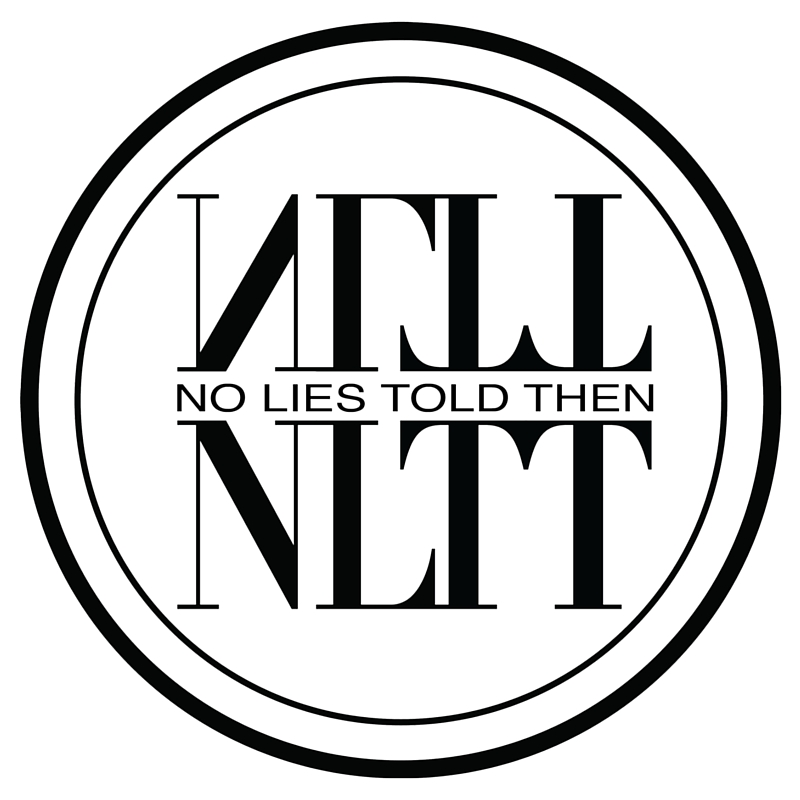Black womanhood begins as black girlhood, and the seeds we plant in our young queens are the messages that carry them into adulthood. How adulthood turns out has a lot to do with what we’re exposed to in childhood and that’s a screaming fact when it comes to learning to love yourself. To put it simply, if we want to continue this celebration of the beauty of black womanhood - we have to teach the young ones to love themselves and love their sisters, and continue with work that was started by the ones that came before us.
Our elders had to fight harder to be seen and speak a lot louder to be heard but they still reminded us that we matter. They reminded us that we must aspire to appreciate the beauty we see in the mirror - hair, lips and everything! We had that message passed down and now it’s our duty to teach the beautiful young ladies following our lead the same precious lessons about what it means to be a black woman today.
I’ve seen black women ashamed of their skin, aspiring to be lighter or a completely different race. This didn’t happen accidentally. It tells me that the message was poisoned or wasn’t passed down to her all all.
Children are incredibly perceptive and they tend to mimic and internalize before they understand. If they are fed messages of racial self-hate - how can we expect them to become people who love their race? If we teach them that other black girls are competitors and enemies, how does the sisterhood get stronger? It is our duty to actively work on creating an environment where collective #blackgirlmagic can take root and bloom.
One of our followers (s/o @DalieBoo) sent us this message “I think that video about lies we've been told should be the topic of a forum in high schools and colleges, geared towards our beautiful, young Black females.”
Her words express her hope for our young black queens. They need to be taught to shut out the lies they hear and they need to be told that they are special, important and deserving of love. They need to constantly be reminded that they are not second class to any other race, and we need to create films, music, magazines that show this and support brands that preach this message.
The tale of the unloved black girl is as common as it is heartbreaking and it does toxic damage to the self-esteem of young girls with so much potential, and power to shape our tomorrow.
It isn’t just about what we say, we need to wear capes for these girls and show them how capable they are of soaring to reach their dreams without denying their blackness or being ashamed of it. The seeds of who we become are planted in youth and now is the time to put black girls in the position to learn from our successes and our mistakes. Our mission can only be deemed successful once we are able to inspire generations to come, and change the outcome for all black queens.







